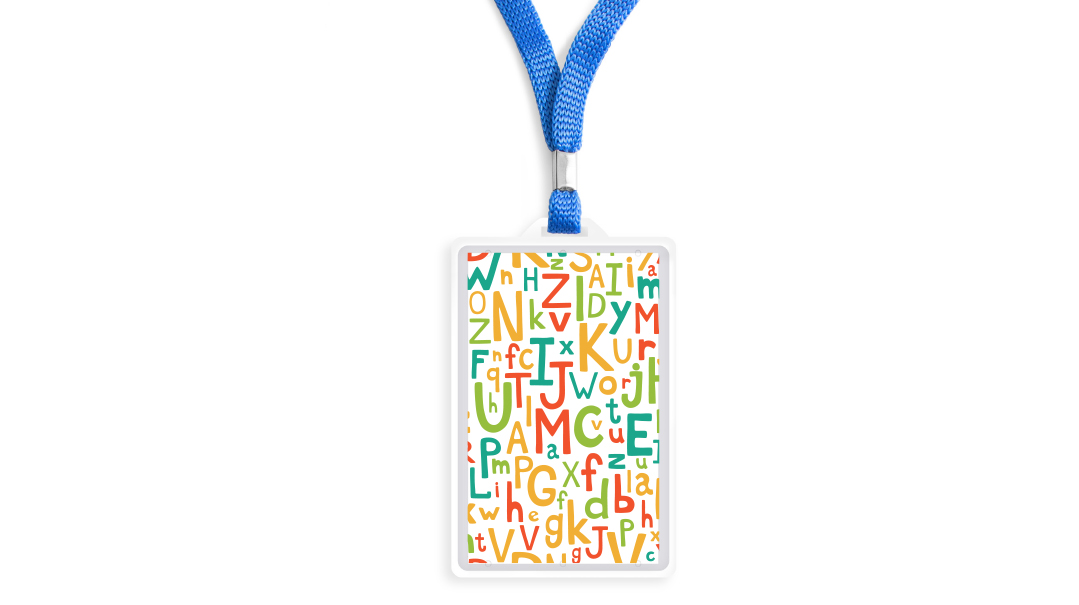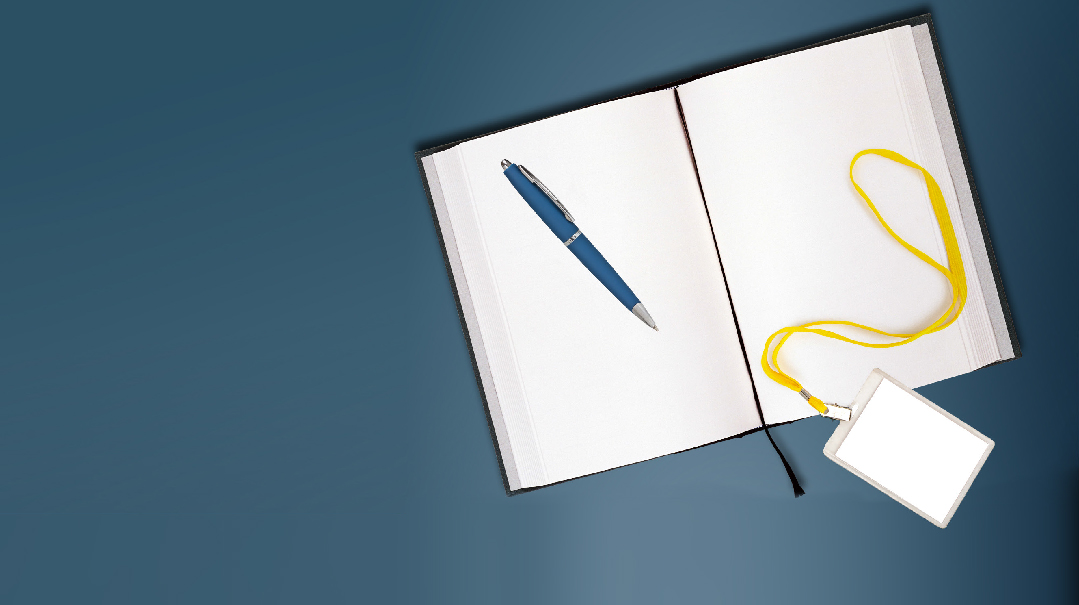Choosing an Identity
| March 23, 2021Most of us are given our Jewish names at birth. But sometimes, we gain our name later in life. 3 accounts

Names are a big deal. A name reflects a person’s essential character, and it can shape the course of a life. That can feel a little stressful when you’re the one doing the choosing — talk about pressure! — but at least we know that parents receive ruach hakodesh when naming their children.
I’ve often wondered if those of us who choose our own names get the same celestial assistance. It’s a very unusual feeling to contemplate what name you’d like to be called for the rest of your adult life — which is what I found myself doing after having finally been cleared for conversion.
What would my new name be?
My middle name, Ann, translated nicely into Chana. So that name basically resolved itself.
But what about my first name, Erin? I’d always been fond of my unique but not unusual name, (Irish in origin, it means “peace,”) but it was definitely tricky to find an equivalent for. I started by considering the “E” names: Elisheva, Eliana, Esther, Elana… (yes, I know that’s not exclusively an “E” name, but I wanted to have as many options as possible). They’re all lovely, but none of them felt like, well, me.
So the E names were out. Next, I figured I’d try to find a name that was similar in meaning to Erin. I liked the meaning of my name, and felt it did represent my personality. I’d always had a strong desire to avoid conflict and make peace whenever friends or family weren’t getting along.
I considered Shulamis, which is related to shalom. However, when I mentioned it to my mother, who’d been incredibly tolerant about this whole “converting to another religion” business, she had a surprisingly strong reaction.
“No. I don’t like that name at all!”
My apologies to any Shulamis out there. I still think it’s a lovely name.
At an impasse, I decided to ask my mother what names she did like. She did, after all, choose my name the first time around.
She thought for a moment, then replied, “I’ve always liked Rebecca.”
That was completely unexpected. I hadn’t even considered the matriarchs. But as I mulled it over, Rivka did feel like a fit. My maiden name began with an “R,” so there was even a nice alliteration to my new name.
There was still a catch, though. Having grown up an Erin, I was used to being one of a handful of people with my name. I had enjoyed standing out just a bit from the sea of Jennifers, Amandas, and Jessicas.
In the out-of-town community where I was converting, I already knew another Rivka. I didn’t want to be Rivka number two, so I decided I would go by Rivki, with an “i.” I’d always liked the idea of having a nickname, and Erin didn’t lend itself to nicknames, so I was pleased about having this option.
In hindsight, I find it totally hilarious that in my desire to differentiate myself from the one person I knew with my name (how was that even possible? There were definitely more Rivkas in that community! How did I miss them?), I chose a name that actually made me blend into frum society more.
Switching over to using my Hebrew name was a little challenging. I had to remember my new identity; people would call out to me and I wouldn’t immediately react, not registering that “Rivki” was me!
Sometimes I remembered my new name, but the person I was speaking with didn’t. Then I’d find myself wondering if I should correct them, and run the risk of making them feel bad, or if I should just let it go, which felt wrong when I was trying so hard to be Rivki.
Eventually, I went off to seminary where I was able to just introduce myself as Rivki from the get-go, which was, obviously, much easier. It was pretty much smooth sailing from there, though it did take a good few years before I really thought of myself as “Rivki” and not some awkward “Erin/Rivki” mash-up.
My parents still call me Erin, which is fine with me. That’s the name they chose for me after all. When they’re visiting, my mother does try to call me Rivki. She’s nice like that.
My dad is respectful of the name situation, but it’s a little too hard for him to actually use my Hebrew name, which I totally get. He’s been really great about all the other quirks of my frum life.
Erin is also still my legal name, so it’s on my driver’s license, my museum memberships, and so on. After so many years of being Rivki, I do experience some cognitive dissonance when I’m sitting at the doctor’s office and hear “Erin?” I have to remember that that’s me too, even if it’s not exactly me nowadays.
Most days I don’t even think about my old name. It sits comfortably on a shelf in my memory, next to my maiden name and any random nicknames I picked up over my school years (Spock, for instance. That’s a long story involving a bad haircut). Whenever it does come up, it usually feels like an old sweater or hat that I’m still fond of, but doesn’t quite fit anymore.
My life has been quite the journey, and I feel like my names accurately mirror the path I’ve taken. I’m glad to have finally settled into a comfortable relationship with all my names, no matter how often I hear them
(Originally featured in Family First, Issue 736)
Oops! We could not locate your form.








